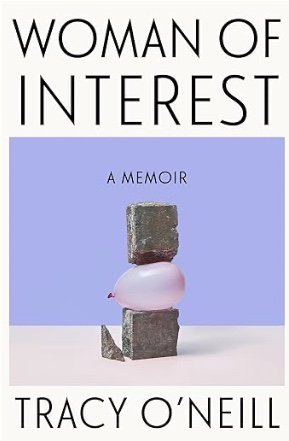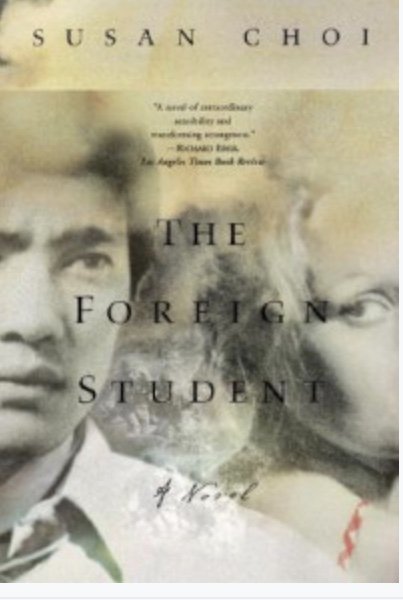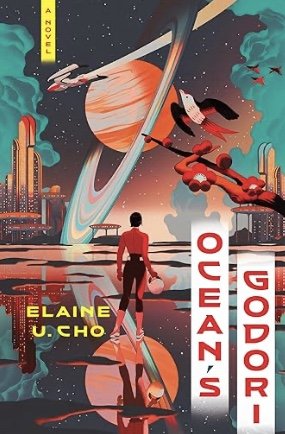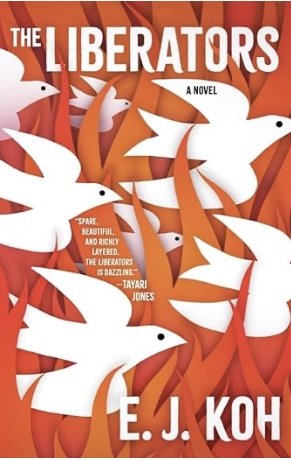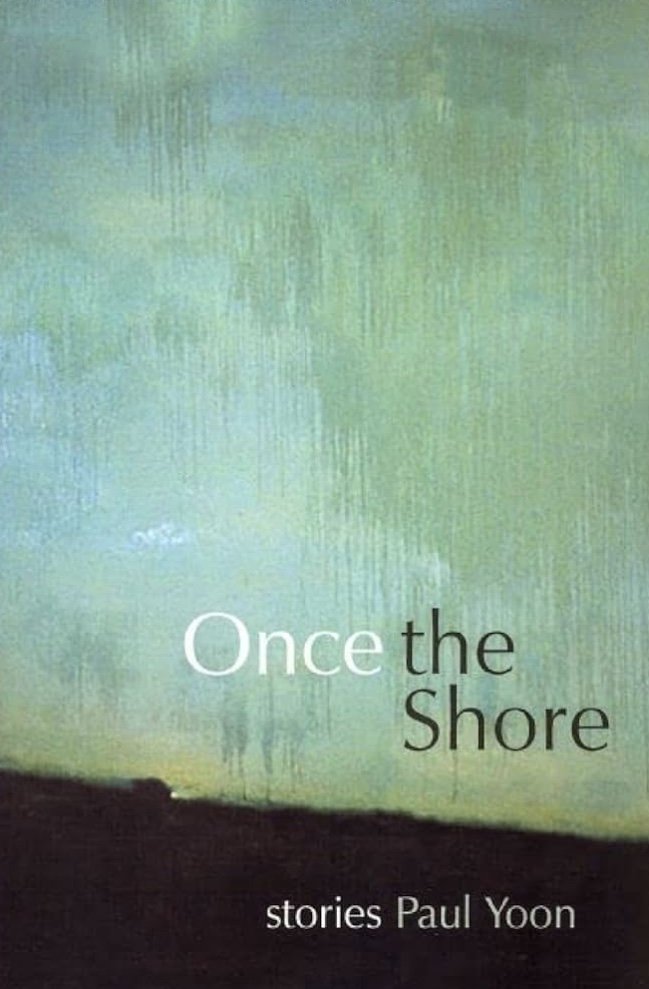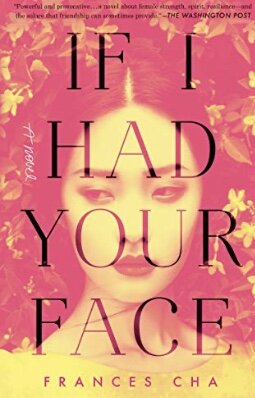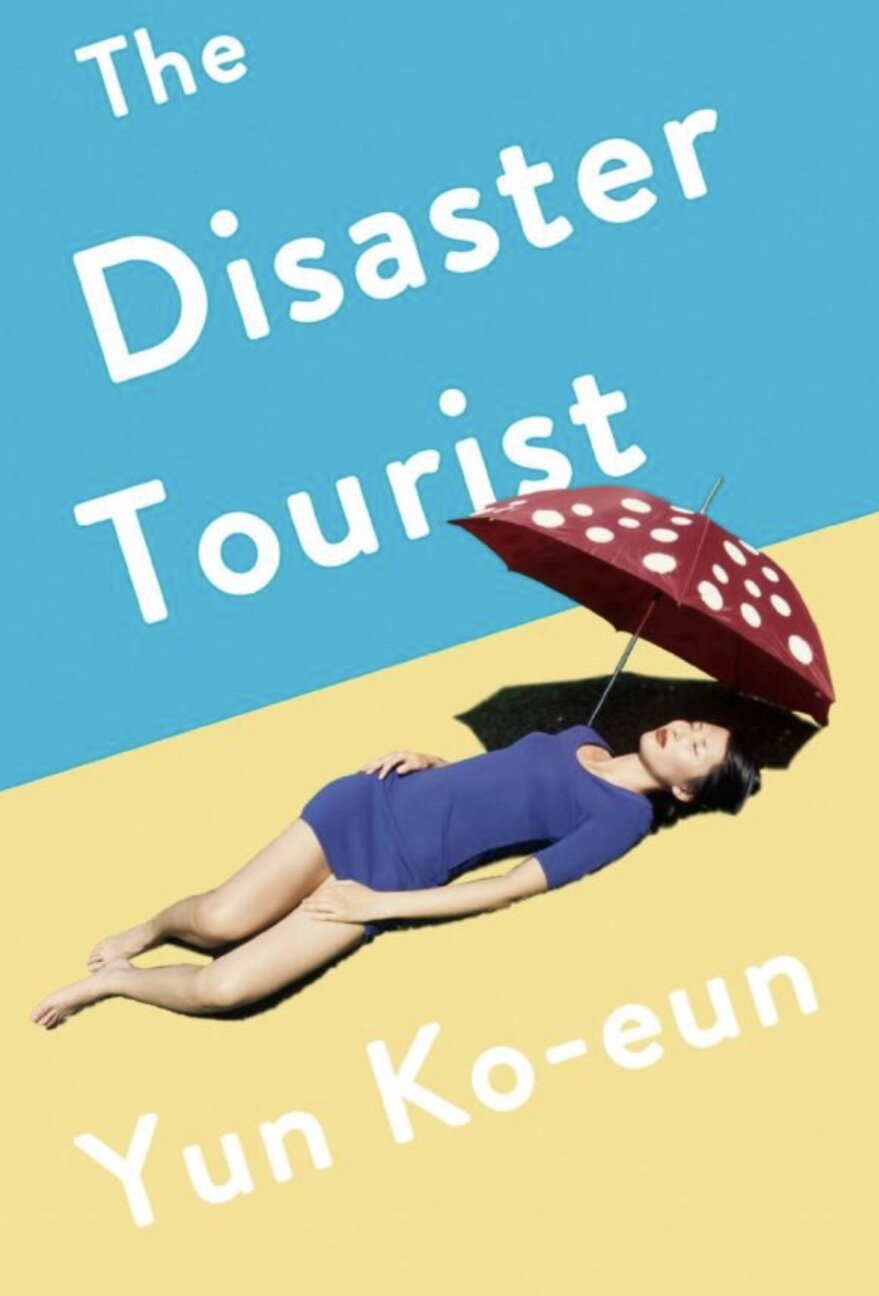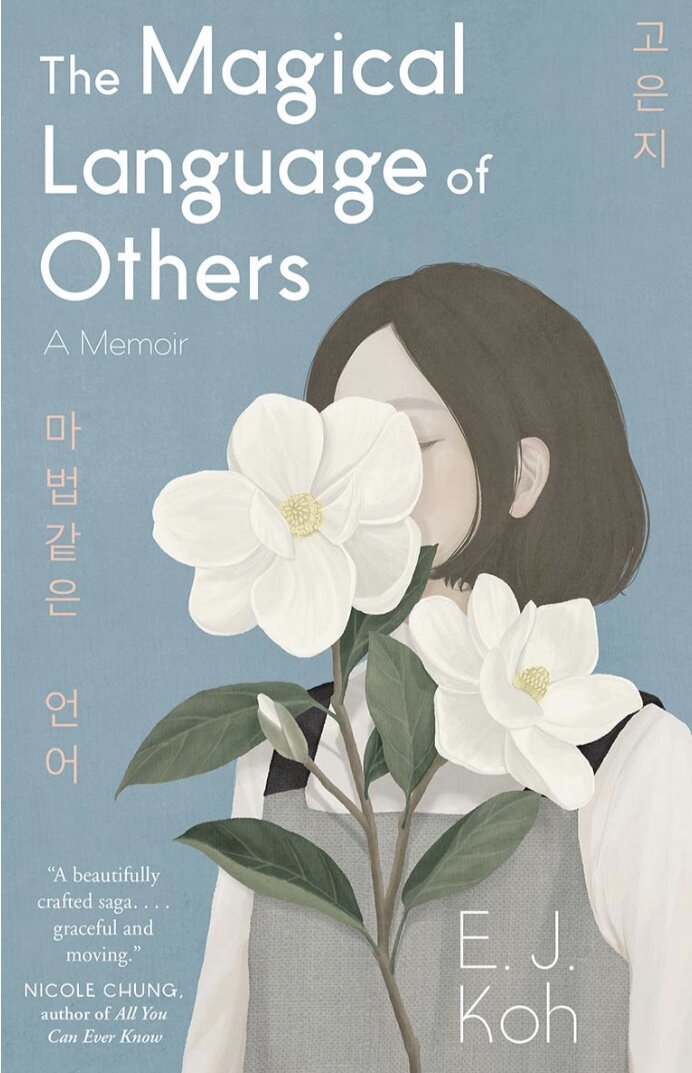Woman of Interest by Tracy O’Neill
Tracy O’Neill grew up Irish a few miles out of Boston. A frequent refrain throughout her years at home was “I’m your real mother,” stated by a woman who has been Tracy’s parent almost from birth. Knowing she and her younger brother had both been adopted from Korea has given rise to Tracy’s understandable curiosity about the woman who gave birth to her. This is crowded out by the task of getting two Master’s degrees and a PhD from Columbia, while learning how to live on her own in Brooklyn.
“I read and I wrote,” she says--but then Covid comes to town. Reading and writing in isolation begins to pall and Tracy starts a serious search for her birth mother.
Armed only with scanty facts from the adoption agency who placed her, Tracy resorts to a 21st Century solution, DNA analysis. She spits in a vial six different times. After the sixth try, she’s matched with a girl who’s her third cousin and puts Tracy in contact with that cousin’s father.
“She’s alive,” her uncle tells her. When Covid travel restrictions are lifted, Tracy buys a round-trip ticket to Korea that will give her 22 days with her birth mother and her newly-discovered Korean family. Suddenly she has three blood siblings, a sister and two brothers. All four of them, she’s told, have different fathers.
“Don’t give her anything all,” her uncle says of Tracy’s mother. “Never forget,” another man tells her, “These guys are strangers.”
Armed with Google Translate, she’s met in Korea by her sister, her cousin, and the aunt who witnessed her birth. She’s also faced with ten days of quarantine that she spends in a bedroom of her aunt’s apartment and she begins a life in translation. Every question, every answer is conveyed in the dubious accuracy of telephone apps--Kakao Talk and Navur Papago, as well as the version offered by Google.
Tracy is back in isolation again, in the home of a cousin and an aunt who are obsessed with feeding her. “You’re too skinny,” they tell her on a phone screen.
This is the way facts emerge, through phones, skeletal and often contradictory. Her uncle in America tells her she’s being lied to because her relatives want “everyone to be happy.” When Tracy is at last able to meet her birth mother, she hires a phone interpreter to make certain the translations aren’t tarnished by family feelings. However the phone interpreter is as resolute in striving for a happy conclusion as the relatives have been.
Embraced by her mother, she fails to feel “the inimitable bond of mothers and children.” “I was nothing but a stone-cold cardboard cutout…in the iron clench of a shuddering old woman.”
When Tracy goes to her mother’s apartment, she is handed a drawstring bag that holds one million won, which is around $8000 U.S dollars. Then she learns she can’t meet her youngest brother because he has never been, nor never will be, told that she exists.
Covid, cultural shock, no common language, and a stay in a foreign country that’s shortened from twenty-two to only seventeen days, ten of which were spent in quarantine--this expedition is doomed from the outset. But Tracy O’Neill is a novelist and she knows how to tell a gripping story. A fan of Raymond Chandler’s Philip Marlowe novels, she cleverly drapes her narrative in noir-style, even coming up with the requisite hard-boiled PI whom she hires at the beginning of her quest. A man who provides no vital information, he remains part of the plot up to the very end, and real or not, he’s an enticing addition. So is the Serbian boyfriend who speaks in broken English. Another plot device? What’s real? Who knows the true usefulness of a common language?
What is true, Tracy concludes, is this. “I twice met a stranger…” The stranger who was her eomma remains an unexplored enigma to the daughter who was given away and to that daughter’s readers. “I hate endings,” Tracy says and this story remains shrouded in a haunting mist that’s skillfully reported—or perhaps created— in Woman of Interest. ~Janet Brown
